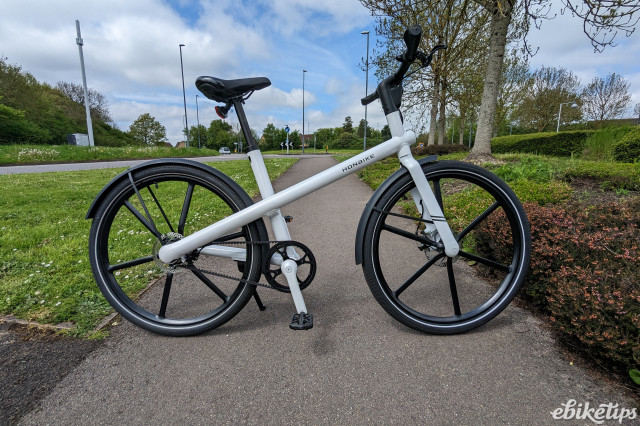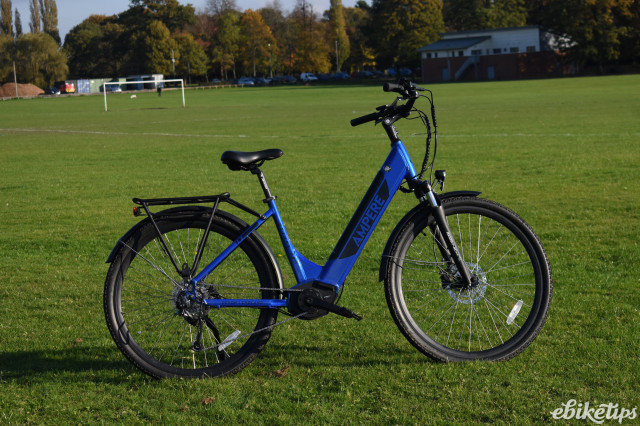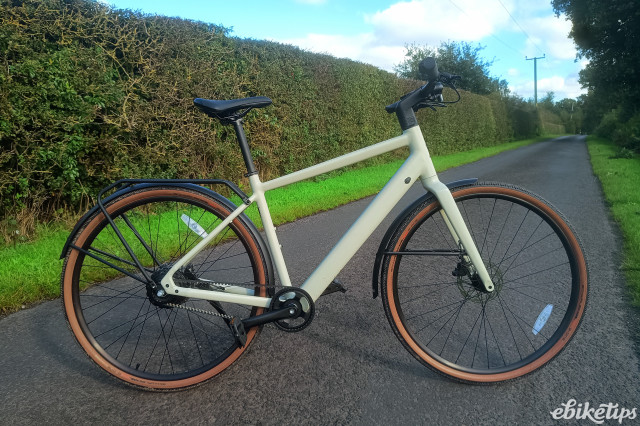Many e-scooter hire scheme operators automatically reduce their vehicles’ speeds in designated ‘go-slow’ zones. MIT spin-off engineering firm Superpedestrian is now implementing software that can detect when a scooter is being ridden on the pavement in real-time, slowing the vehicle down in response.
Pavement riding is a common argument against legalising e-scooters. While it is not permitted in any UK hire scheme, that doesn’t mean it’s easy for operators to prevent it.
Voi – which runs a number of the trials – has been testing software developed by Dublin micro mobility company Luna which allows its scooters to detect when pedestrians are close by, or when the rider moves from road to pavement, and which will moderate the scooter’s speed accordingly.
T3 reports that Superpedestrian recently acquired a firm called Navmatic which has developed something similar.
The resultant Pedestrian Defense system is said to be able to address pavement riding, wrong-way riding, aggressive swerving and repeated hard braking.
Superpedestrian points out that GPS has its limitations in that data is often insufficiently accurate – particularly in urban areas where the signal bounces off buildings.
However, by combining GPS with other data sources and machine learning, the firm reckons its software can work out where the e-scooter is and how it is being used in real-time.
If the scooter is being ridden inappropriately, motor power will be reduced or cut and the rider will be sent feedback on why this has happened.
Pedestrian Defense is currently being piloted in several of Superpedestrian’s Link hire schemes with a view to an autumn roll-out.






